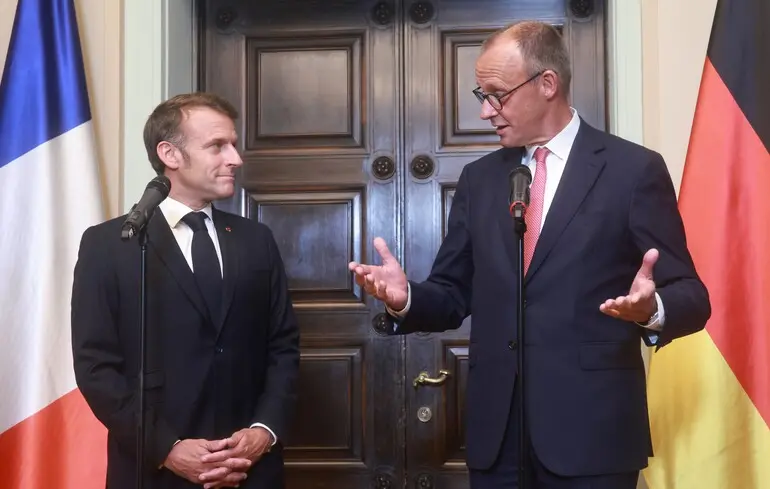European Diplomatic Support to Moldova Ahead of Elections to Counter Russian Threats

In recent times, the political landscape of Moldova has become increasingly tense, as the country prepares for parliamentary elections that could significantly alter its future course.
Sources reveal that leaders of the European Union and major European nations, including German Chancellor Friedrich Merz, French President Emmanuel Macron, and Polish Prime Minister Donald Tusk, are formulating a strategic plan to bolster Chișinău’s diplomatic stance.
This effort aims to strengthen Moldova’s independence and resilience amid the rising influence of pro-Russian parties, which are expected to gain momentum in the elections scheduled for September 28.
The Moldovan government, led by pro-European President Maia Sandu, has already arranged meetings with EU leaders, emphasizing the importance of international backing to support its democratic reforms and resist external destabilization.
Nevertheless, this approach carries certain risks: pro-Russian factions exploit the situation by propagating accusations of excessive Western influence, undermining the government’s legitimacy.
Experts warn that despite notable progress toward European integration, Moscow’s ongoing hybrid warfare—encompassing cyber-attacks, disinformation campaigns, and regional destabilization efforts—remains a serious threat.
Given these complexities, analysts highlight that coordinated diplomatic actions and robust support from the EU are essential to preserving Moldova’s sovereignty and stability.
The election results could also impact regional geopolitics, potentially influencing the broader strategic balance in Eastern Europe.
Ensuring a unified international response now is critical to preventing pro-Russian forces from consolidating their control and steering Moldova away from its European trajectory.

